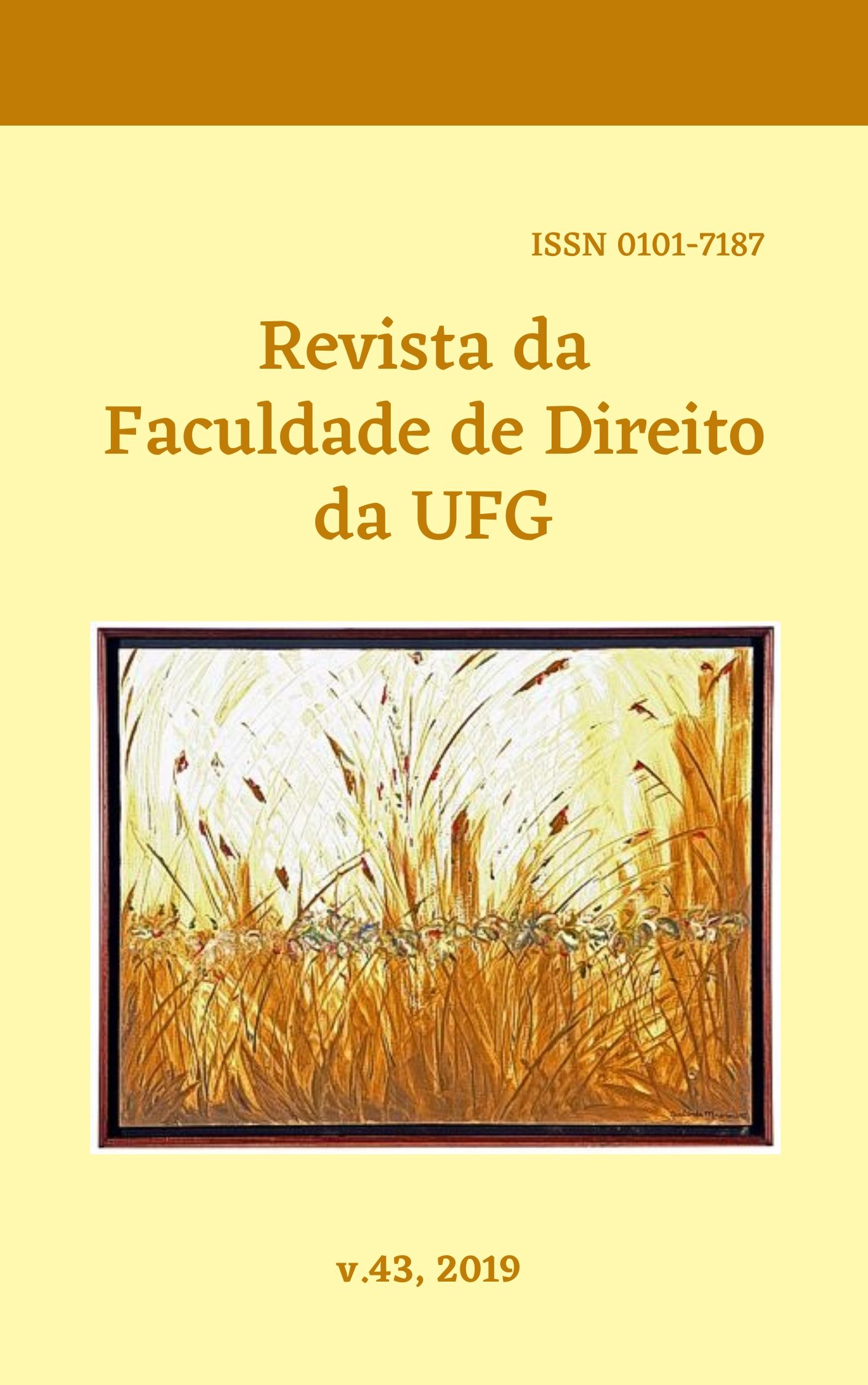BIODIVERSITY, RIGHTS AND PEASANT FOOD PRODUCTION
BIODIVERSITY, RIGHTS AND PEASANT FOOD PRODUCTION
DOI:
https://doi.org/10.5216/rfd.v43.58665Abstract
Biodiversity conservation is one of the most important environmental issues of the 21st century. In view of this, this article analyzes the contradiction existing and expressed by the Law between protection and conservation of biodiversity and biotechnology development. In theory, the development of biotechnology should favor the conservation of biodiversity, but by the way it has being used, it does not conserve. The Law, protector of individual property, is seen in the contingency of protecting biodiversity as a collectivity right that is confronted with individual rights. The analysis of this antinomy is based on socio-juridical concepts of biodiversity and its ex situ or in situ conservation, extracted from the Law n. 13.123/15 and the Convention on Biologic Diversity (CBD). The choice for one or other prevailing form of conservation leads to opposite situations and great risks for food production and for biodiversity. It is demonstrated the importance of the in situ conservation for the biodiversity protection, as well that this strategy is possible from the conservation, multiplication and diversification of peasant production and traditional peoples. Peasant production based on awareness and organization protects the biodiversity, as is clear from many MST initiatives and the Agroecology Journeys. This will enable not only the protection of biodiversity, but the production of healthy food in quantity to promote the population food sovereignty, which must be supported by biotechnology.
Downloads
Downloads
Published
How to Cite
Issue
Section
License
Os Autores que publicam nesta revista concedem à Revista da Faculdade de Direito da UFG uma licença mundial, sem royalties, sujeita aos termos e condições da Licença Jurídica Creative Commons Atribuição 3.0 Brasil Creative Commons Attribution License
Os autores concedem à RFD UFG todos os direitos autorais sobre os artigos nela publicados, que os mantêm com exclusividade até o advento de domínio público sobre os mesmos.
























